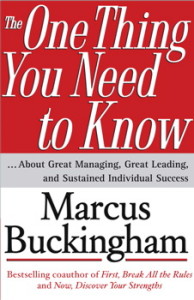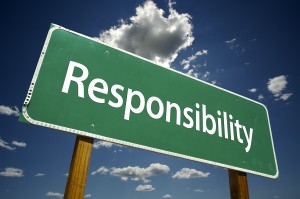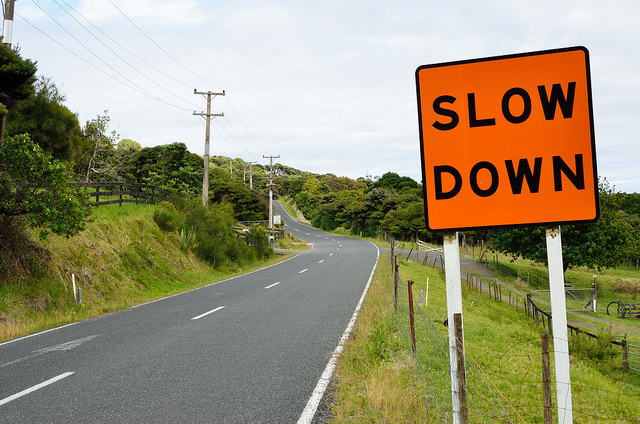“People are like tea bags. You find out how strong they are when you put them in hot water.”
—Eleanor Roosevelt, former First Lady of the United States of America
Other than water, tea is the most popular drink in the world—so popular that its consumption is equal to that of coffee, soft drinks, and alcohol, combined!
Most of us have experienced pouring a cup of hot water over a bag or two, and watching it release its flavor within a few minutes. If you are a bit impatient, you may have even tried dunking the tea bag up and down to release its flavor even faster.
EXERCISE:
Consider the challenges, obstacles, and barriers you are facing today in either your personal or professional life. See them as hot water that brings out your greatest strengths, and your capacity for personal excellence.
How will you share your cup of life tea with others? How might you offer a little “hot water” to others, to help them discover their own inner strength?










